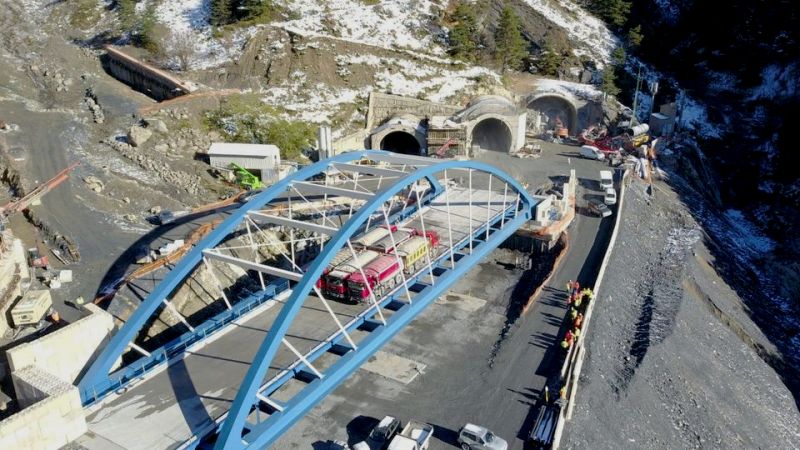Global supply chains remain extremely vulnerable, even with improvements made in recent years. The latest edition of the Global Supply Chain Leader Survey, released by McKinsey on October 31, 2024, shows that disruptions are still undermining the stability of the sector. From trade tensions that hinder semiconductor circulation to attacks on trade routes in the Red Sea, the environment is increasingly challenging. Perhaps most concerning, the pace at which companies are building resilience seems to be slowing.
The report reveals that only 25% of companies have formal processes to discuss supply chain risks at the board level, leaving many exposed to potential future crises. Furthermore, visibility into second- and third-tier suppliers remains a weak point, with a 7% decrease compared to previous years. This is alarming, given that many of the most significant disruptions originate in the deeper levels of the supply chain.
Following the Covid-19 pandemic, companies adopted quick tactical measures such as increasing safety stock and diversifying supply sources. However, the number of companies maintaining inventory buffers has dropped to 34%, compared to 59% the previous year. Many firms are shifting away from temporary measures in favor of more sophisticated strategies like dual-sourcing and regionalization. Seventy-three percent of respondents reported progress in dual-sourcing strategies, while 60% are taking steps to regionalize their supply chains.
The adoption of advanced planning and scheduling (APS) systems is another key theme in the report. Two-thirds of companies are implementing these systems to improve planning and resilience, but only 10% have completed the implementations, and a third of companies admit to lacking quantified use cases to justify APS investments. This slows down the effectiveness of digital systems and makes it harder to respond swiftly to disruptions.
A significant challenge remains the shortage of talent, particularly in the digital domain. Ninety percent of surveyed companies report insufficient talent to achieve their digitalization goals, an issue that has persisted since the first survey conducted in 2020. Faced with a severe skills shortage, many companies are refocusing on internal training and developing existing talent rather than hiring externally.
Supply chain resilience also requires improved governance. Only 30% of companies report that their board has a deep understanding of supply chain risks, and the frequency of risk discussions at the executive level has decreased compared to previous years. In an environment where disruptions can have devastating impacts, the lack of structured risk management at the corporate level represents a critical vulnerability.
According to the report, enhancing resilience requires further investment in digitalization, the adoption of AI-based early warning systems, and closing talent gaps. Additionally, making supply chain risk management a board-level priority is essential to avoid being caught unprepared for future crises. The report is based on a survey conducted between April and June 2024 with 88 global supply chain leaders.



































































